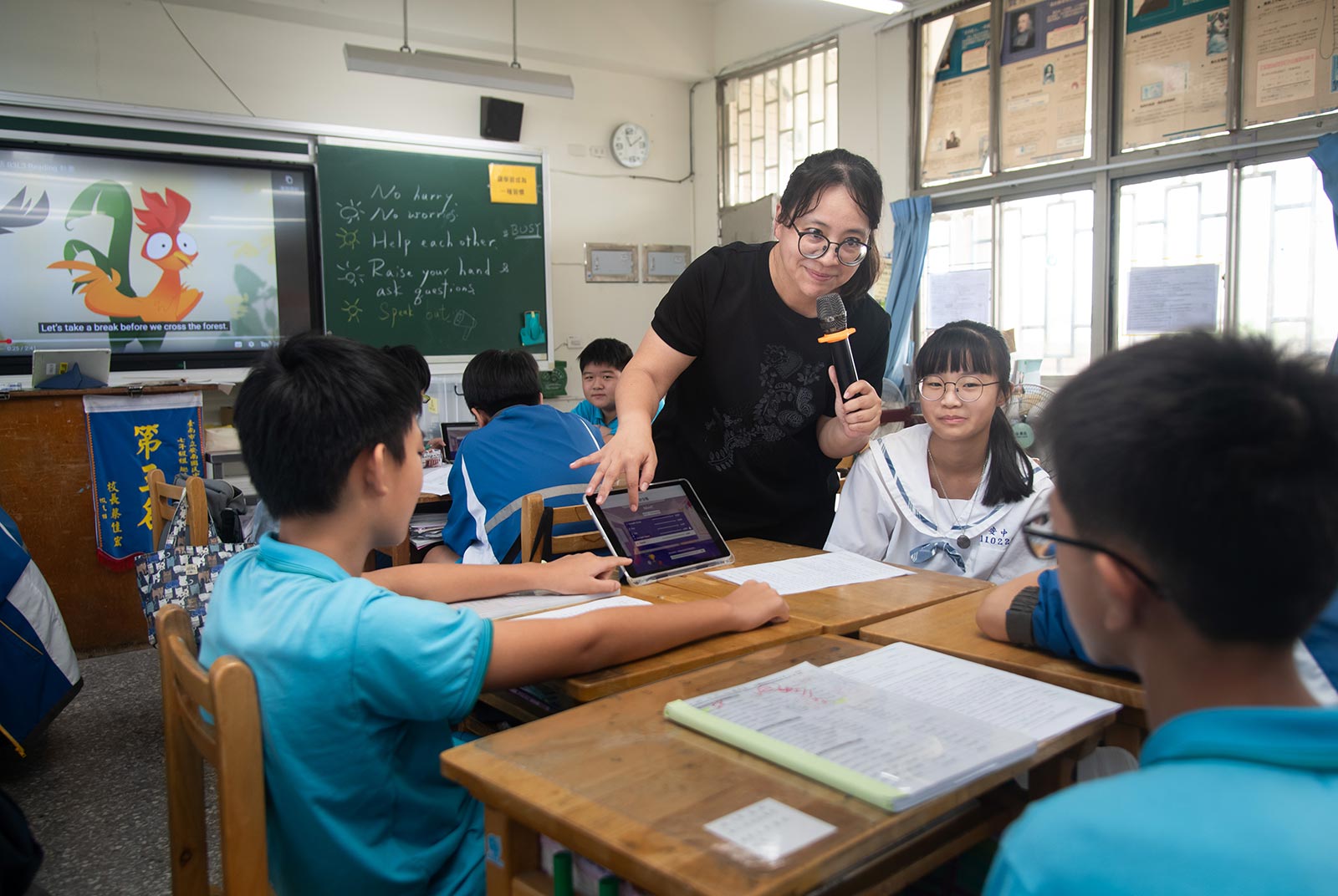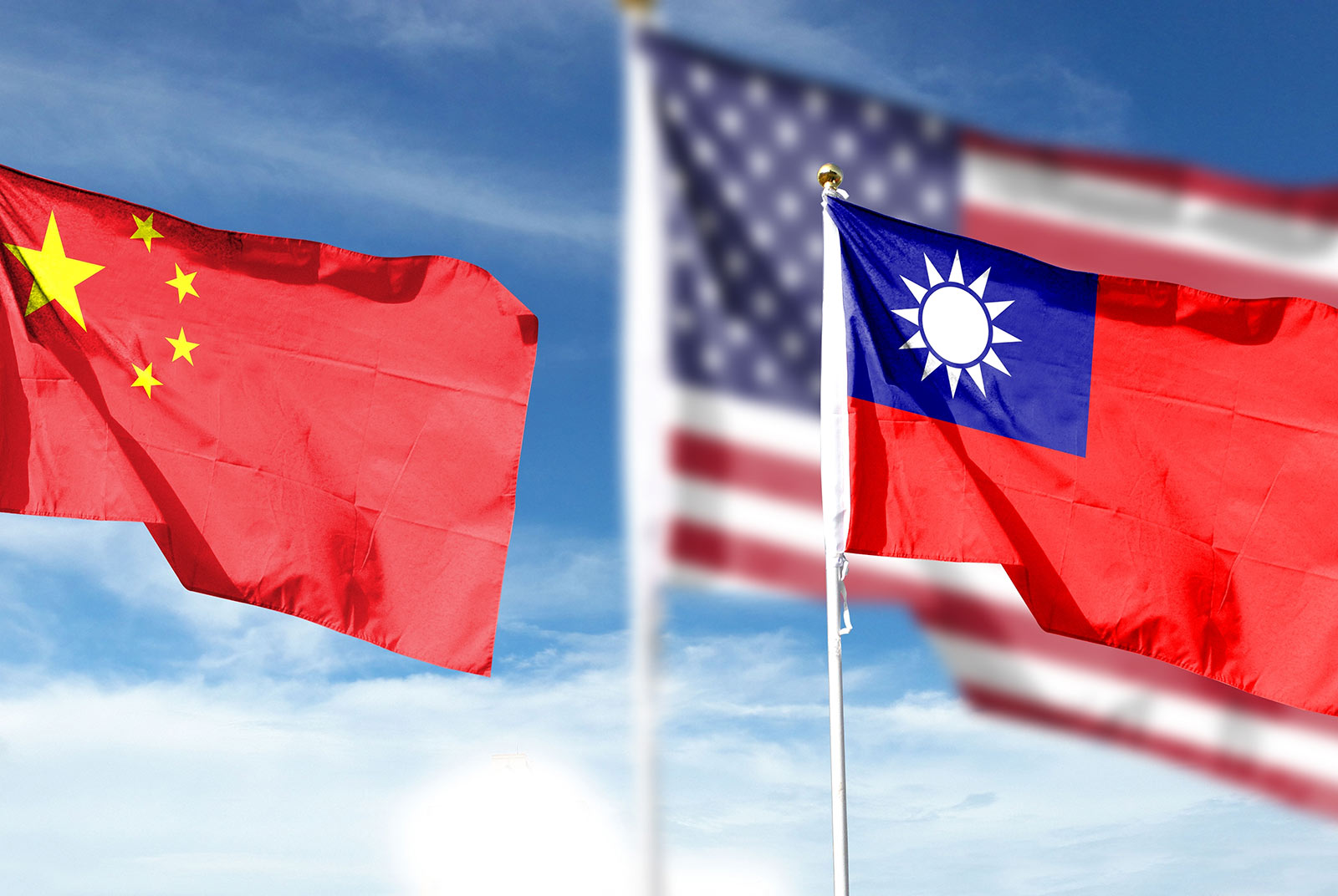Taiwan's PISA scores are impressive. But is its education system international?

Source:Ming-Tang Huang
In the latest release of PISA results, Taiwan's education system has garnered impressive scores, placing its schools among the best in the world. But does it say Taiwanese students are receiving strong educations?
Views
Taiwan's PISA scores are impressive. But is its education system international?
By Tristan Reynoldsweb only
Last week, the Organization for Economic Cooperation & Development (OECD) released the latest results of the world’s largest study of national education systems. The Program for International Student Assessment, or PISA, showed that Taiwan’s schools were among the best in the world. Taiwanese students, as a whole, were above average for the OECD. Likewise, Taiwan’s schools educate a larger proportion of students to at least basic competency in reading, mathematics, and science, and educate a larger percentage of students to the top-measured performance levels of the exam. Overall, Taiwan’s schools are doing better than they were in 2018, the last time PISA was conducted.
These are excellent findings for Taiwan. It means that the Taiwanese educational system not only weathered the pandemic, but successfully adapted to the realities of education during COVID. It also means that Taiwan is in an unusually strong position to engage in much-needed educational reforms.
Changing public schools can often set off a firestorm of political controversy–people generally get quite angry if they think a change to their child’s school will hurt their child’s chances for success. However, if communities are confident that their schools are strong, resilient institutions, they are likely to be more accepting of changes that build upon these strong foundations.
Previous columns in CommonWealth and other venues have called for Taiwan’s education system to internationalize, and to move away from a focus on exam-based ranking of students. The latest round of PISA results confirms that Taiwanese students are already receiving a strong education in terms of learning specific academic content. This means that Taiwan’s schools have some ‘breathing room’ to focus on subjects other than Chinese, mathematics, and science.
To engage in educational internationalization, previous columns in CommonWealth have identified a need for critical thinking instruction in English, to create partnerships with diverse international talent already in Taiwan, and to expand the current approach to experimental education. These are all necessary parts of a larger push to ensure that Taiwanese students become competent global citizens–but they are not easily captured on exams like the PISA. In the justified celebration of Taiwan’s strong results, it’s entirely possible that momentum for educational reform is lost.
That isn’t a situation anyone should accept. Taiwan has made significant progress in internationalizing its educational system over the past decade, especially since a series of reforms in 2019. As Phillippe Tzou put it for CommonWealth, “Taiwan now wants its kids to become themselves” through an international approach to education. With this base, Taiwan can continue to internationalize its education system, if there is the political will to do so.
What does this push for internationalization look like on an institutional level? The use of the 2014 regulations for Experimental Education Institutions offer Taiwan a way to find appropriate approaches to educational internationalization with a bottom-up approach. Experimental schools can focus on providing a less testing-focused pressure cooker environment, and pioneer new ways to bring internationalized curricula to Taiwanese students. To encourage the use of such experimental approaches, the Ministry of Education should also work to facilitate partnerships between experimental Taiwanese schools, foreign educational experts, and the Taiwanese public education system. Programs like Teach For Taiwan and partnerships with the global Teach For All network, and the Foreign English Teaching program, if properly supported to prioritize the practical communicative use of English and the development of globally-aware teachers and students, can support these efforts.
These same policies can still support traditional academic achievement–there simply is not a trade-off between content and global awareness. The OECD itself recommends that, in Taiwan’s context, “performance-targeted policies aimed at improving the scores of the lowest performers, regardless of their socio-economic status, could be implemented initially at the school level.” Fortunately, leading international education practices like project-based learning have been shown, over multiple studies, to improve students’ academic achievement, even when measured by traditional exams. This means that a push to internationalize Taiwanese education doesn’t have to come at the expense of things like PISA scores.
Taiwan is justifiably proud of its education system. To maintain strong education for the future, however, requires more than just resting on current laurels. As students develop beyond straightforward content tests like the PISA, the Taiwanese education system can also adapt to better support them in becoming competent, globally aware citizens of not just Taiwan, but the world. The resources are there, if there is only the will to use them.
(This piece reflects the author's opinion, and does not represent the opinion of CommonWealth Magazine.)
About the author:

Tristan Reynolds is an educator and writer based in Taipei. He has worked with a variety of organizations in the US & Taiwan to improve teacher effectiveness, student achievement, and educational equity. He holds an M.S.Ed. from Johns Hopkins University, and is a 2021 Teach For America alumni.
Have you read?
- Why are Taiwanese school kids exhausted and afraid of failure?
- Estonia's PISA success: Leaving no child behind
- How Estonia education eliminates urban-rural disparity
Uploaded by Ian Huang






